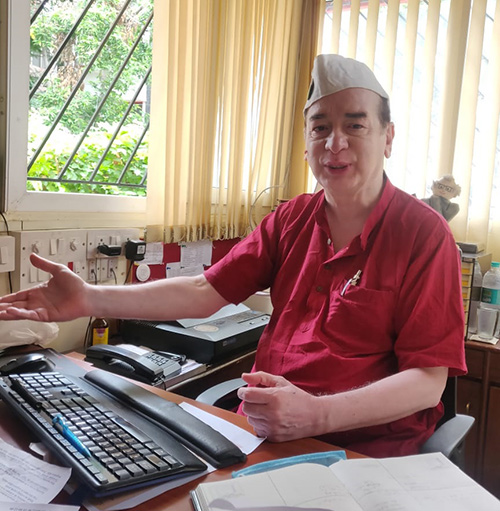
We strongly believe that books can be man’s best friends. Developing the habit of reading brings about positivity in attitude, keeps away loneliness, and gives you an opportunity to learn new things every day. You may not realize it, but books can also be great stress busters.
To provide easy, smooth and intriguing reading to people of all ages and background, Dr. Ali has been writing books since 1990 dealing with practical aspects of day-to-day life. These books are highly readable, and relevant to issues that you face at every stage of life. They are brief and to-the-point keeping in mind that readers do not have long attention span. And they have been priced most reasonably to suit everyone’s budget, from Rs. 20/- onwards.
Once you start reading any of these books or booklets you will find that they provide you with solutions to issues pertaining to your emotions or relationships. There are many practical exercises and quizzes to help you introspect, explore and enhance your skills. See list of books below………
